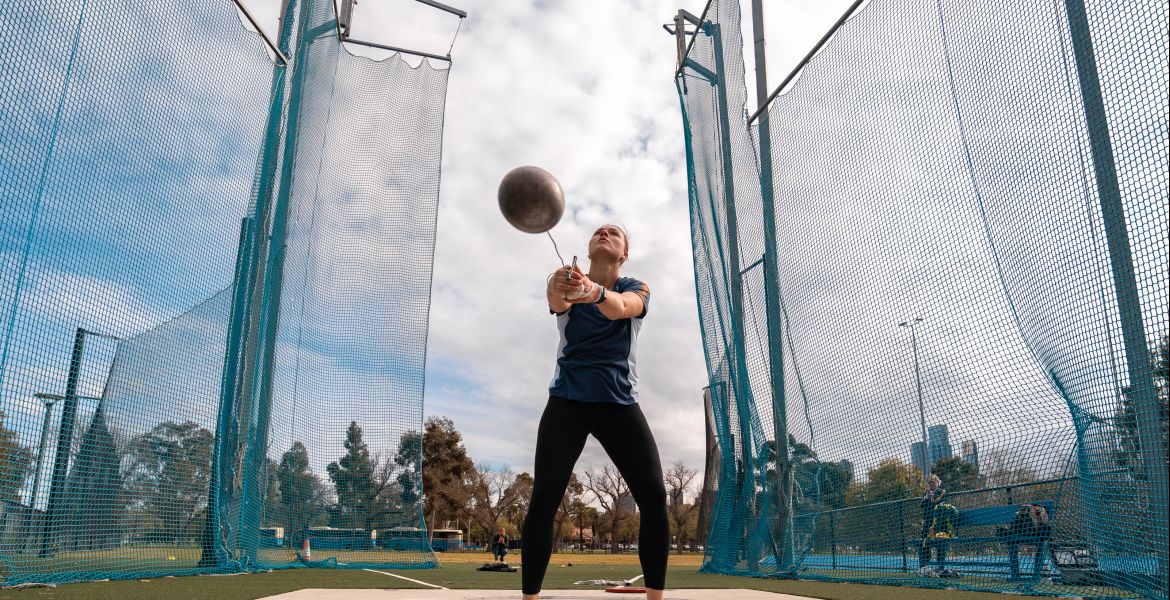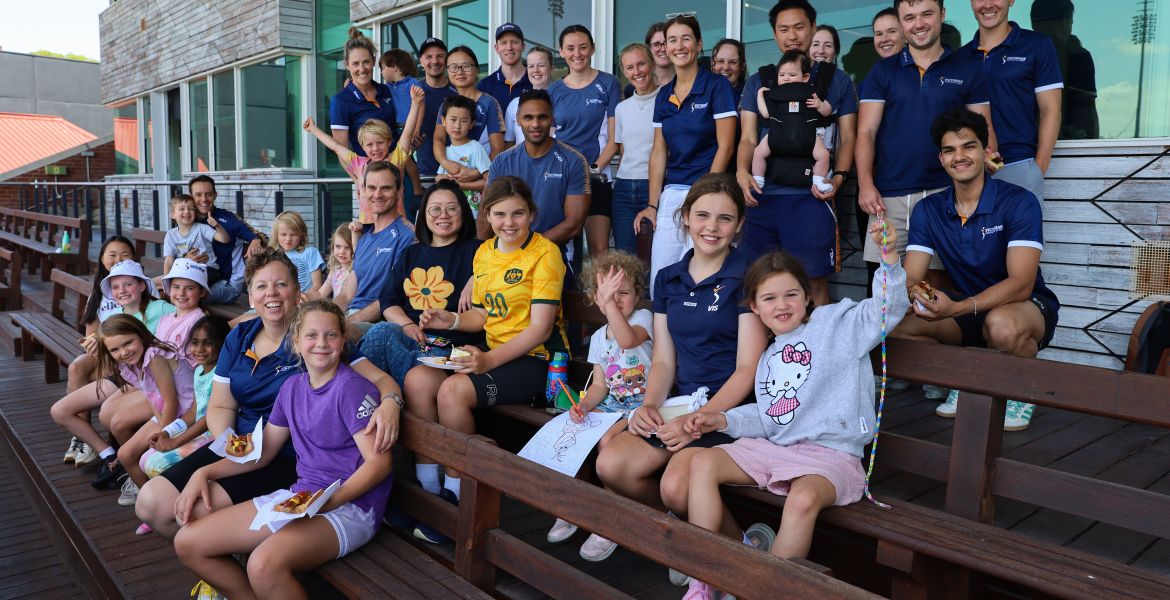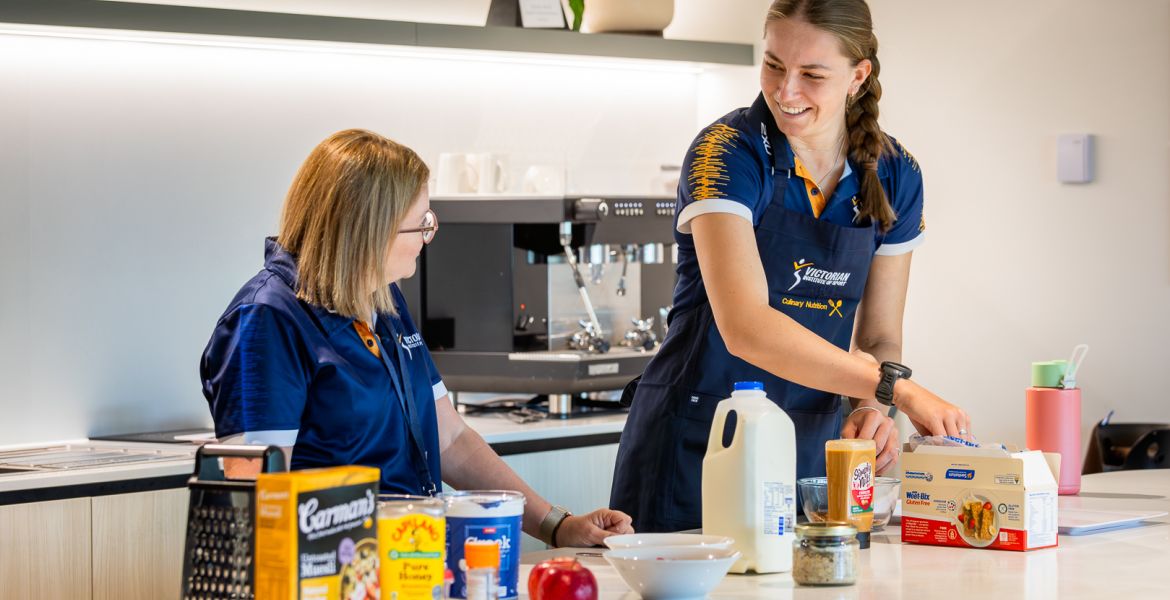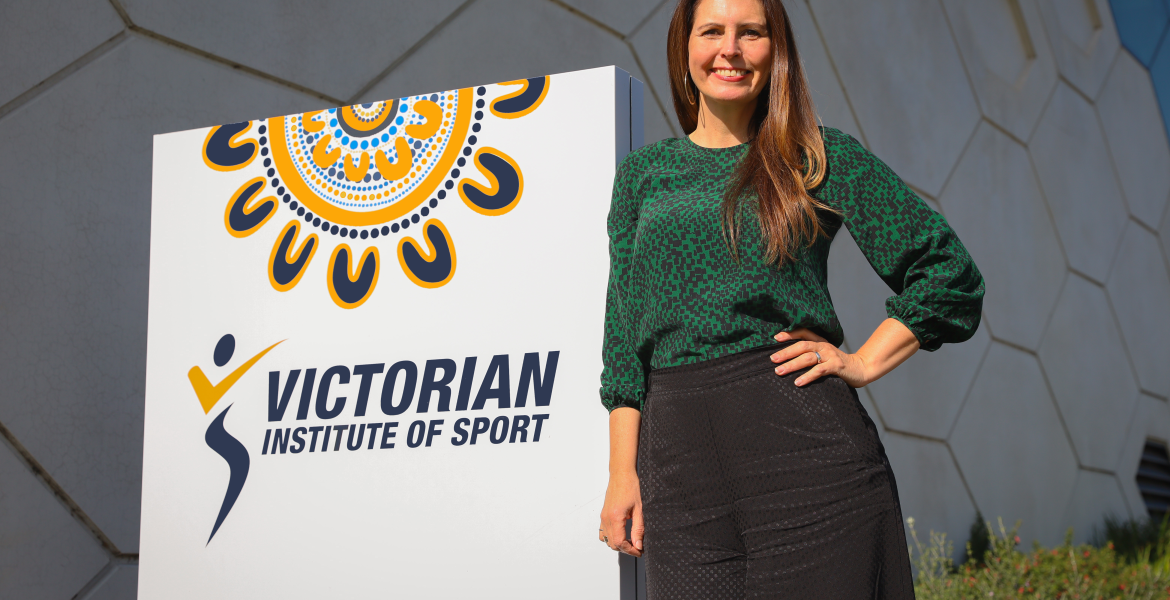As we reach the final week of Ramadan, Victorian Institute of Sport Nutrition Coordinator Kylie Andrew has provided fives tips on how you can maintain performance during the final days of the Islamic holy month. Kylie has worked closely with athletes that are fasting for Ramadan, including Richmond Tigers star Bachar Houli.
Ramadan is an Islamic holy month that is always held on the 9th month of the Islamic Lunar calendar. During Ramadan, Muslims will have no food and drink from dawn to dusk.
This year, Ramadan started when the sun set on Monday, April 12th and will end when the sun sets on Wednesday, May 12th. When the sun sets, there is a communal meal called ‘Iftar’ where your fast will be broken, usually with family and friends.
Whether you’re an athlete, student or in the workforce, this month can often be a tricky time to negotiate with regard to your diet. But for elite athletes in particular, there are some unique challenges. Fasting around training sessions can impact on the ability to support the immediate nutrient needs for performance and recovery.
Here are Andrew’s five tips to maintain performance in sport, work or just daily life during Ramadan:
1.
The pre-dawn meal, known as ‘Sahoor’, is an important meal to provide the days energy. This meal should include a balance of foods and nutrients - some wholegrain breads or cereals to provide slow-release carbohydrate; a serve lean meats, eggs or dairy to provide protein and aid satiety; as well as some good fats from nuts and seeds, avocado or olive oil; and plenty of fruit & vegetable.
2.
Most people will break their fast with a snack. Dates are very popular at this time and for good reason, as they are a good option to top up blood glucose levels after a day of fasting.
3.
The meal eaten after sunset, known as ‘Iftar’, is typically shared with friends and family. Again, a balance of food groups is recommended. The key here is to avoid overeating which is often quite easy to do when you’re hungry. So, consider some mindful eating strategies; eat slowly, chew food well, listen to your body and stop when satisfied, well before you are stuffed.
4.
After sunset is also the time to get plenty of fluid in to avoid dehydration. Keep a water bottle handy and sip often.
5.
A snack after dinner before bed can also be wise. A protein rich snack such as milk or yoghurt will not only provide quality protein to help muscle repair overnight, but also provides tryptophan, an amino acid beneficial for sleep.



















